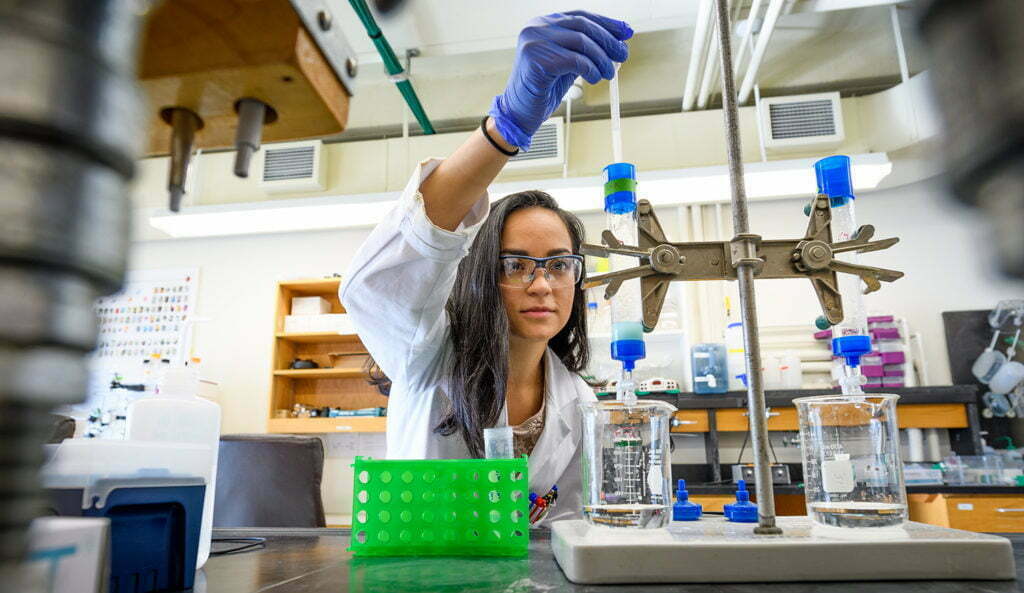The development of cell therapies is being attempted in the hope of treatment of a wide range of diseases and intractable conditions. Quality control (QC) tests and procedures are needed to support the development of stem cell therapy and regenerative medicine. The implementation of proper regulatory standards for the quality control of stem cells to ensure safety and efficacy is crucial for the patients receiving the therapy. For instance, unlicensed stem cell therapy can lead to potential infections and other issues in the patients. Often these self-proclaimed therapy centers deteriorate the reputation of legitimate stem cell therapy and research centers.
Here are several quality control measures that should be performed in order to maintain the safe and effective use of stem cells:
Microbiological Sterility
Microbiological sterility is an essential measure in the quality control of stem cells and an overall microbiological strategy is recommended that should not only rely on finished products.
- Mycoplasma
Stem cells labs should be tested for mycoplasma by using nationally accredited pharmacopeia methods. Sensitivity and test inhibition are particular tests for potential limitations. Spiking or challenge tests listed in pharmacopeia should be carried out. These tests could be PCR-based, VERO incubation-based, or broth-culture-based.
- Bacteriology
The standard bacterial and fungal sterility tests advised in different countries’ pharmacopeias are consistent. The tests could be broth or culture-based, but they must be approved by the pharmacopeia in the region where the work is performed. While molecular approaches can be used in conjunction with broth and culture-based assays, they cannot replace pharmacopeia-recommended procedures.
- Viral Testing
All required tests for human adventitious pathogens must be conducted (i.e., testing for human immunodeficiency virus (HIV), hepatitis B virus, hepatitis C tests [HCV], and nucleic acid testing). Nonhuman adventitious agent testing should be considered in the case of non-xeno-free culture reagents.
- Endotoxin
While a pharmacopeia-accredited endotoxin test is recommended, limitations in sensitivity and specificity, as well as the use of relevant international standard reference materials, should be considered.
Cell viability
Cell viability must be measured in order to provide the patient with an appropriate and successful dosage of cells. A strategy for measuring cell viability that provides an acceptable readout for the cell type in question should be chosen. It is suggested that viability be measured using a proven method and that a cell viability test should be performed 48 hours following resuscitation on stem cells.
Potency
Potency is a subjective evaluation of a cell’s biological activity that is linked to the product’s significant biological qualities. Lack of product efficacy, tissue chimerism, and improper cell activity are all risks linked with poor potency controls.
- Phenotypic Pluripotent assays
Pluripotency is frequently assessed using alternative methods such as self-renewal and undifferentiated cell markers, but there is a need to functionally test for pluripotency. It is recommended that embryoid bodies should be created or monolayer cultures should be directed to produce cell types representative of all three embryonic germ layers. Any data demonstrating ectoderm, mesoderm, or endoderm marker expression is adequate.
Conclusion
This study details an international agreement on clinical-grade stem cells line and minimum testing standards. For information, additional checks are suggested. Furthermore, it should be noted that science in this domain is advancing at a rapid pace, and these guidelines will continue to improve in keeping with advances in scientific understanding, technological advancements, and best practices
Advancells is determined to continue to achieve proper quality controls for stem cell productions in order to facilitate the research and delivery of the next generation of cellular therapies for patients all over the world.
For further information, contact us at [email protected]


Recent Comments